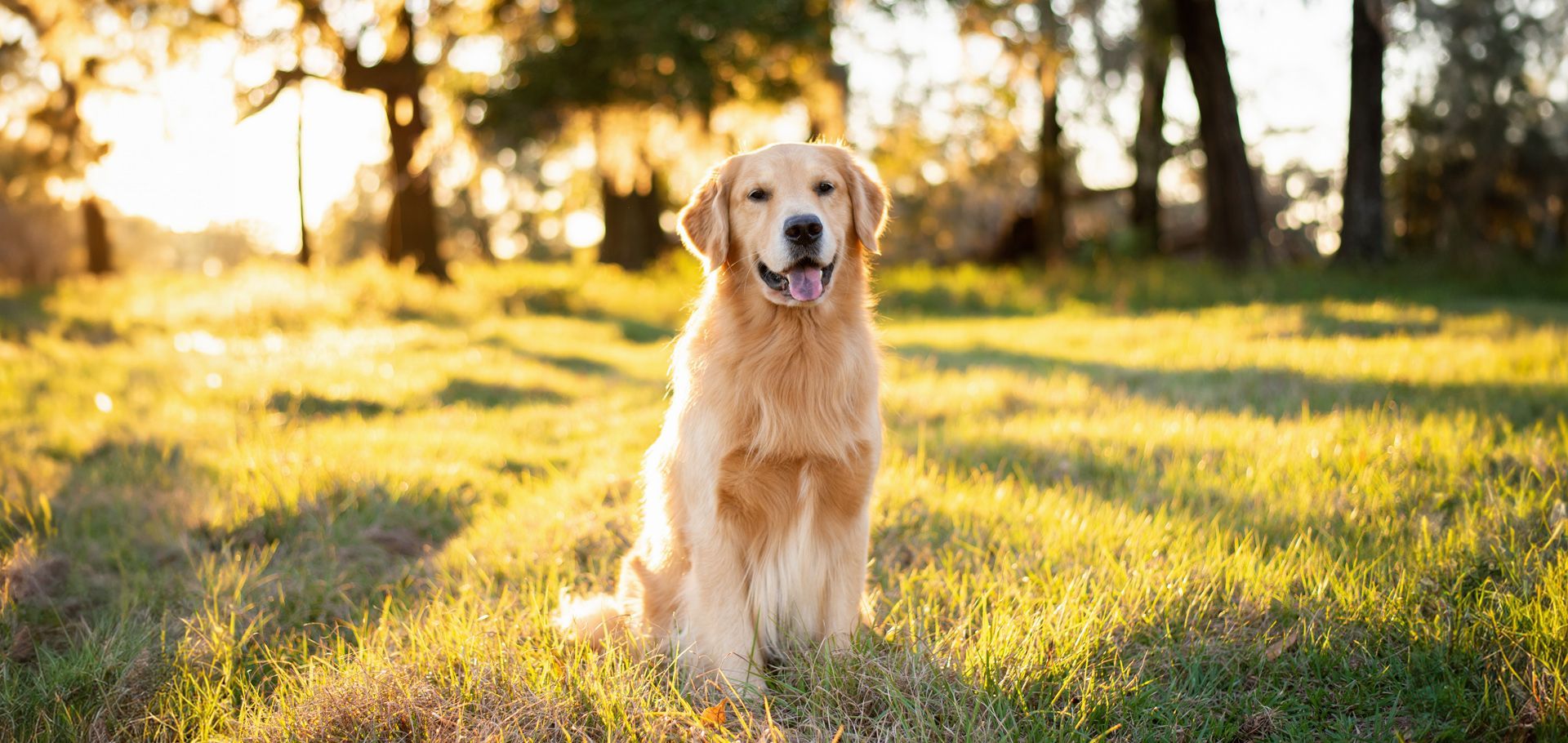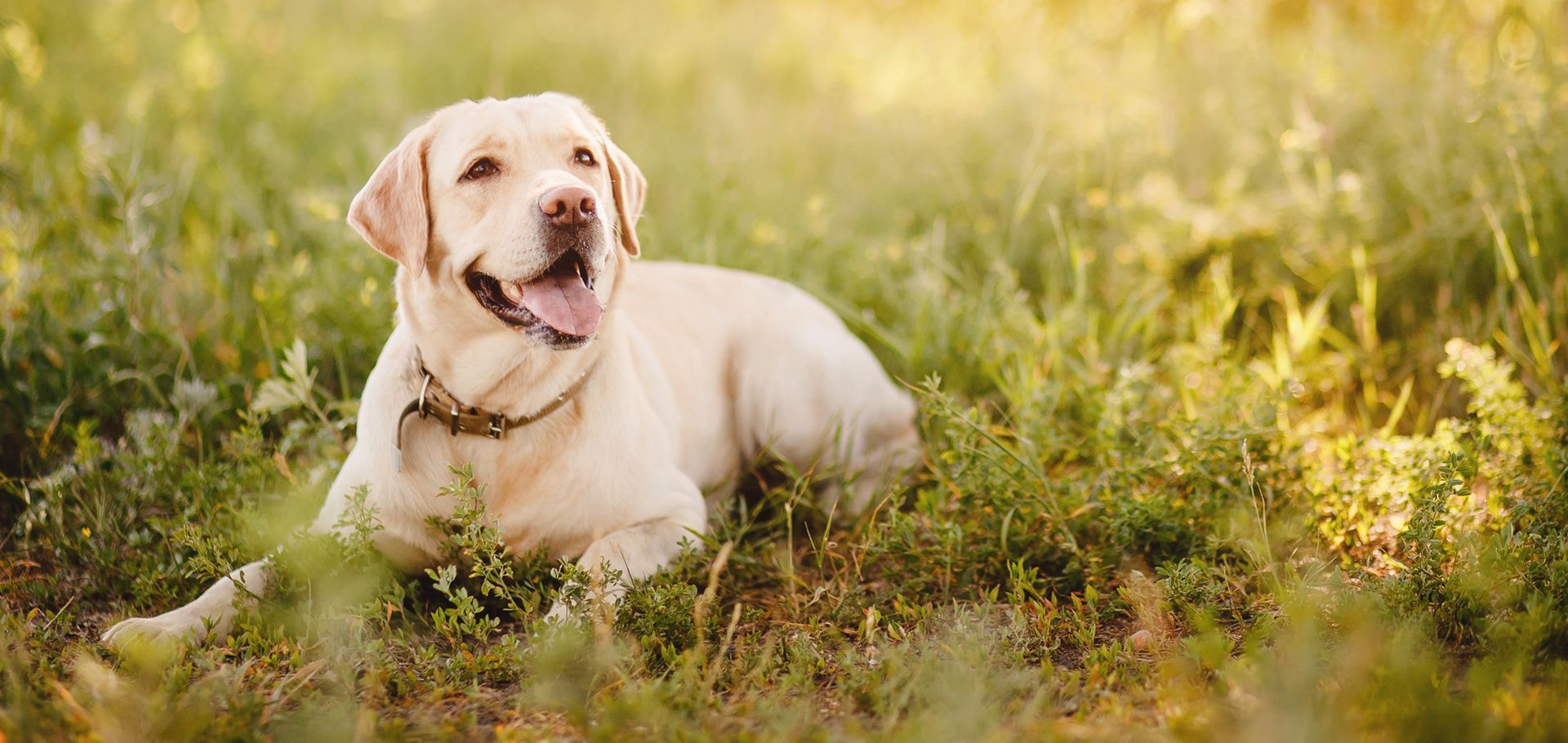
Finding out that your dog has ingested a cannabis-infused treat is more common than you might think, and needless to say, knowing what to do if your dog eats an edible is important.
Dogs are naturally drawn to various forms of weed, which raises the chances of them consuming any marijuana or THC products they come across. If you think your dog did end up eating one—don't worry; many pet owners are unexpectedly faced with this situation, too rushing to the vet with a dog exhibiting signs of THC ingestion, often without any clue where the dog ate the edible.
But while ingestion of THC or marijuana in dogs is rarely life-threatening and doesn't always necessitate a vet visit, pet owners need to recognize the signs of THC toxicity.
Understanding how to effectively manage these symptoms and determining when veterinary assistance is needed is essential, especially in today's world, where such substances are more common. Here, we'll take a look into the vital information on what to do if your dog eats an edible, helping to ensure your pet's safety and peace of mind.
How Much Weed Is Toxic To Dogs?
The toxicity of weed in dogs is difficult to quantify due to the lack of standardization in THC (tetrahydrocannabinol) concentration in cannabis products. With no regulated verification like traditional medications, it's challenging to know the exact amount of THC a dog has ingested when affected. Additionally, research on cannabis's effects on dogs is limited by its classification as a Schedule One controlled substance, restricting scientific studies.
While cannabis may be relatively safe for humans, it's unsafe for pets. Varying factors like breed, size, and health make each dog's reaction to cannabis different. Even small amounts can have significant effects, and while it's rare, there have been instances of dogs dying after consuming concentrated medical-grade THC edibles.
Edibles pose a particular risk due to their high THC concentration, often up to 90%. These come in various forms—gummies, brownies, cookies, candy bars, and infused drinks. The risk is heightened when edibles contain other dog-toxic ingredients such as chocolate, raisins, or xylitol. Therefore, any amount of cannabis can be dangerous to dogs, and owners must be vigilant about keeping these products out of their pets' reach.
How Do You Know If Your Dog Ate Weed?
If your dog ingests weed or cannabis edible, the effects can be noticeable within 60 minutes. However, this can vary depending on your dog's age, size, amount of cannabis consumed, and any existing medical conditions. The symptoms after a dog ate an edible can include:
- Listlessness
- Lack of appetite
- Vomiting
- Incoordination and stumbling, similar to intoxication
- Dazed expression
- Glassy eyes
- Sleepiness
- Agitation or anxiety
- Tremors and shaking
- Drooling
- Dilated pupils
- Slow response time
- Dribbling urine
- Vocalizing and appearing nervous
In some cases, cannabis toxicity can lead to more serious side effects, such as:
- Seizures
- Coma
- Death (in rare instances)
It's essential to seek veterinary care immediately if you suspect cannabis ingestion. Treatment may include supportive care, medications, stomach pumping, or activated charcoal to limit further toxin absorption. In severe situations, vets might suggest intralipid therapy to expedite toxin clearance and reduce symptoms.
Do remember, though, that cannabis toxicity typically isn't life-threatening, but quick intervention is crucial.
What To Do If Your Dog Eats An Edible
Discovering that your dog has ingested a cannabis-infused edible can be a moment of panic for any pet owner. In such situations, it's crucial to have a clear plan of action to ensure your dog's safety and well-being.
Here are some steps to follow if you find yourself in this problem
Contact a Veterinarian Immediately
The danger an edible poses to a dog varies and differs from its effects on humans. Even a small amount can be toxic to dogs. Immediately call a veterinarian or an animal poison control center, providing details about the type of edible, how much was consumed, and any symptoms your dog is showing.
Preserve Evidence
Keep a portion of the edible or its packaging for the vet to examine. This helps in determining the amount ingested and planning treatment. Information on ingredients or THC content is crucial for the vet to know.
Monitor Symptoms
Dogs react uniquely to cannabis and are more sensitive to its effects due to their higher number of cannabinoid receptors. Watch for symptoms like drowsiness, staggering, urine incontinence, drooling, slow heartbeat, dilated pupils, and overreactivity to noise. Symptoms usually appear within 30 to 90 minutes and can last several days.
Comfort Your Dog
Keep your dog calm and quiet. A warm, comfortable space and routine commands can help soothe them. Provide their favorite toys and a cozy spot to rest
Ensure Hydration
Offer your dog plenty of fresh water to help flush out toxins and prevent dehydration. It's advisable to withhold food temporarily until you get further advice from a vet, ensuring your dog remains hydrated in the meantime.
How Long Does It Take For A Dog To Recover From Edibles?
Cannabis toxicity in dogs, when ingested or inhaled on its own, is seldom fatal. However, the risk increases when cannabis is consumed in conjunction with other harmful substances like xylitol, chocolate, or raisins.
The lingering effects of cannabis in dogs are due to THC being stored in fat cells, which can prolong the symptoms for several days. Typically, with appropriate treatment, most dogs recover completely within a day to a day and a half, though some cases may extend to three days. The duration of recovery is influenced by the cannabis type and whether it was ingested or inhaled.
Conclusion
To sum it all up, understanding what to do if your dog eats an edible and managing cannabis ingestion in dogs is a vital skill for pet owners in today's world, where such incidents are becoming more common.
Recognizing the signs of THC toxicity and knowing how to respond are key to ensuring your pet's safety.
Remember, while cannabis toxicity in dogs is rarely fatal, it's important to act quickly and seek veterinary care to ensure the best outcome for your furry friend. With the right knowledge and prompt action, you can keep your dog safe and healthy, even in the face of potential cannabis exposure.
Get the Help Your Dog Needs at Brewerton Hospital for Animals!
Managing a situation where your dog has ingested an edible can be a daunting and anxiety-inducing experience. If you believe your canine companion has consumed an edible and you're uncertain about what steps to take, seeking professional assistance is of utmost importance. At
Brewerton Hospital for Animals, we're here to provide the
guidance and care your dog needs. Don't hesitate to
schedule an appointment with us to ensure your dog's well-being is in capable hands!
MORE FROM THE BREWHA BLOG




